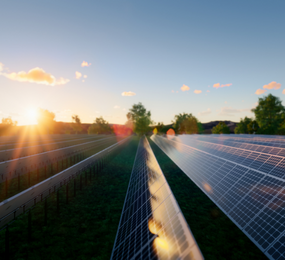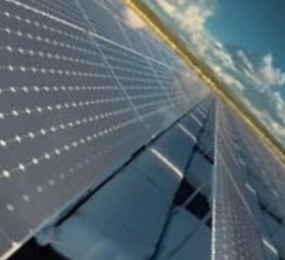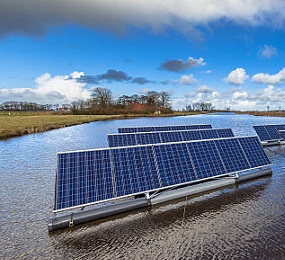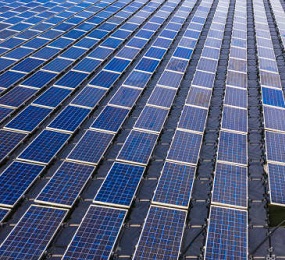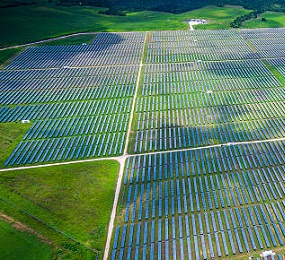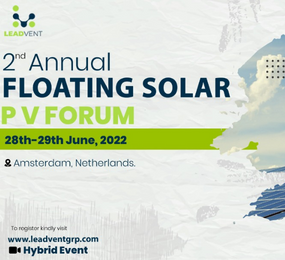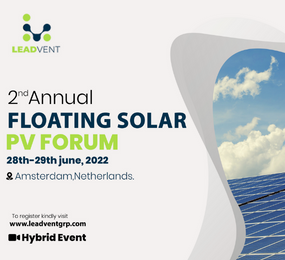Public-private partnerships (PPPs) play an important role in driving innovation and advancing technologies, particularly in the renewable energy sector. In the realm of floating solar technology, collaborative efforts between governments, research institutions, and private companies are accelerating the development and deployment of floating solar installations, paving the way for a sustainable energy future.
Public-private partnerships foster innovation by bringing together diverse expertise, resources, and perspectives. Government agencies provide funding, regulatory support, and access to research facilities, while private companies contribute technical knowledge, industry insights, and investment capital. This collaborative approach enables the exploration of new ideas, technologies, and business models, driving innovation in floating solar technology and overcoming technical challenges.
PPPs facilitate collaborative research and development initiatives aimed at advancing floating solar technology. Through joint projects, consortia, and technology demonstration programs, stakeholders collaborate to develop and test new materials, designs, and methodologies for floating solar installations. These efforts contribute to the refinement of floating solar technology, improving efficiency, durability, and cost-effectiveness.
By leveraging the strengths of both the public and private sectors, PPPs accelerate the deployment of floating solar installations on a global scale. Governments provide incentives, policies, and regulatory frameworks to support the adoption of floating solar, while private companies drive project development, construction, and operation. This synergy enables the rapid expansion of floating solar capacity, helping countries meet their renewable energy targets and address climate change challenges.
PPPs promote sustainability by encouraging the development and deployment of renewable energy solutions such as floating solar. By harnessing the power of the sun to generate clean electricity, floating solar installations reduce reliance on fossil fuels, mitigate greenhouse gas emissions, and contribute to climate change mitigation efforts. Additionally, floating solar installations offer co-benefits such as water conservation, ecosystem preservation, and job creation, further enhancing their sustainability credentials.
In conclusion, public-private partnerships are instrumental in advancing floating solar technology and driving the transition to a sustainable energy future. By fostering innovation, driving research and development, and accelerating deployment, PPPs play a pivotal role in unlocking the full potential of floating solar as a clean, renewable energy source. As collaboration continues to deepen between governments, research institutions, and private companies, the future of floating solar looks brighter than ever, offering a viable solution to address the world's energy and environmental challenges.
To register or learn more about the Forum please check here: https://bit.ly/46Vw6nm
For more information and group participation, contact us: [email protected]



